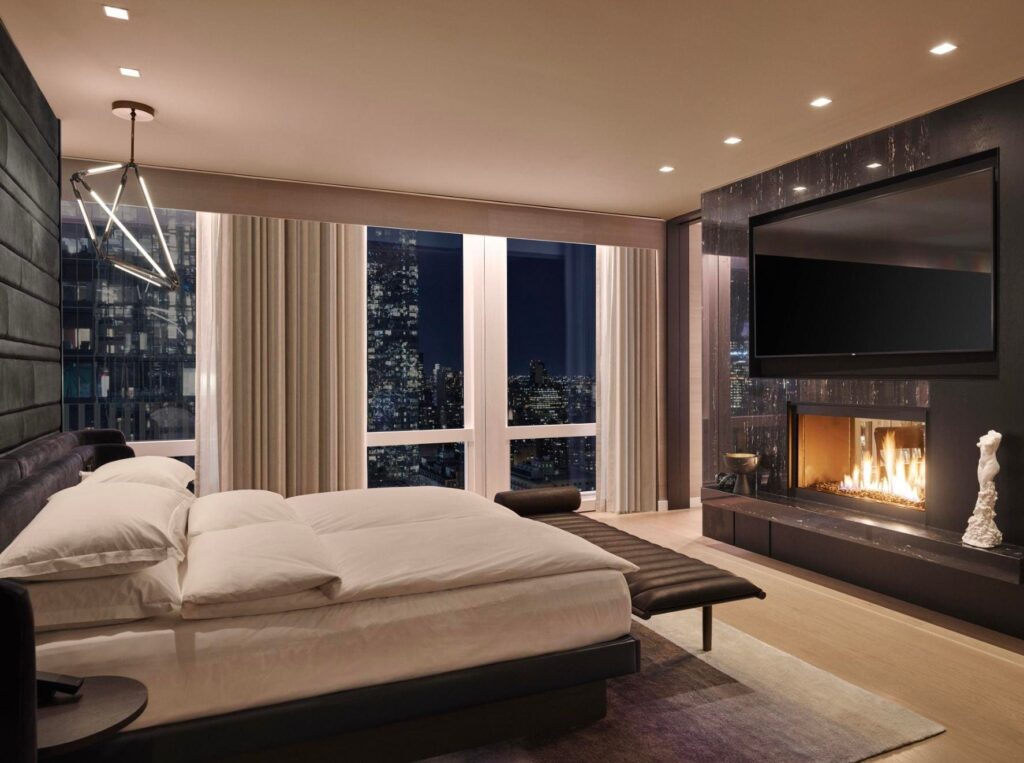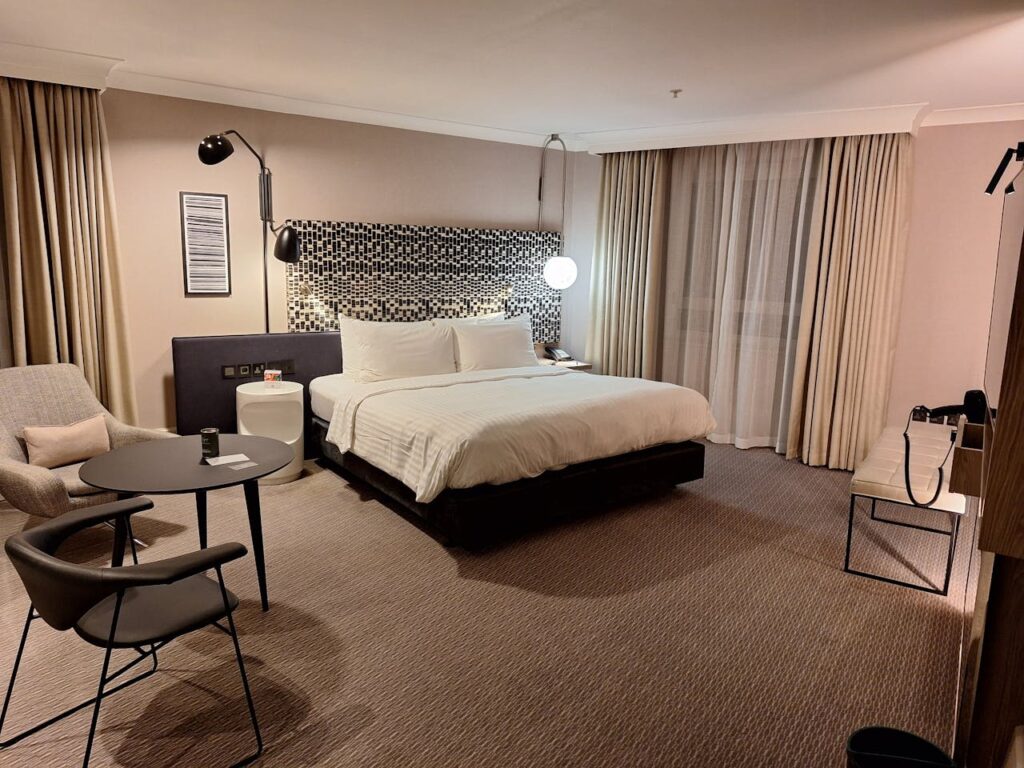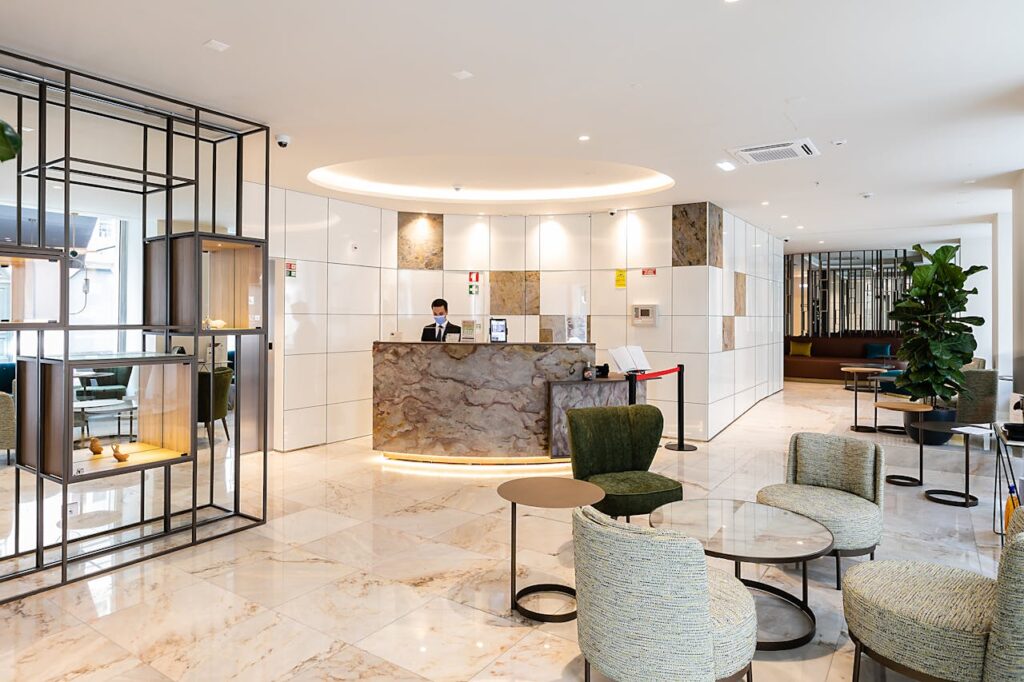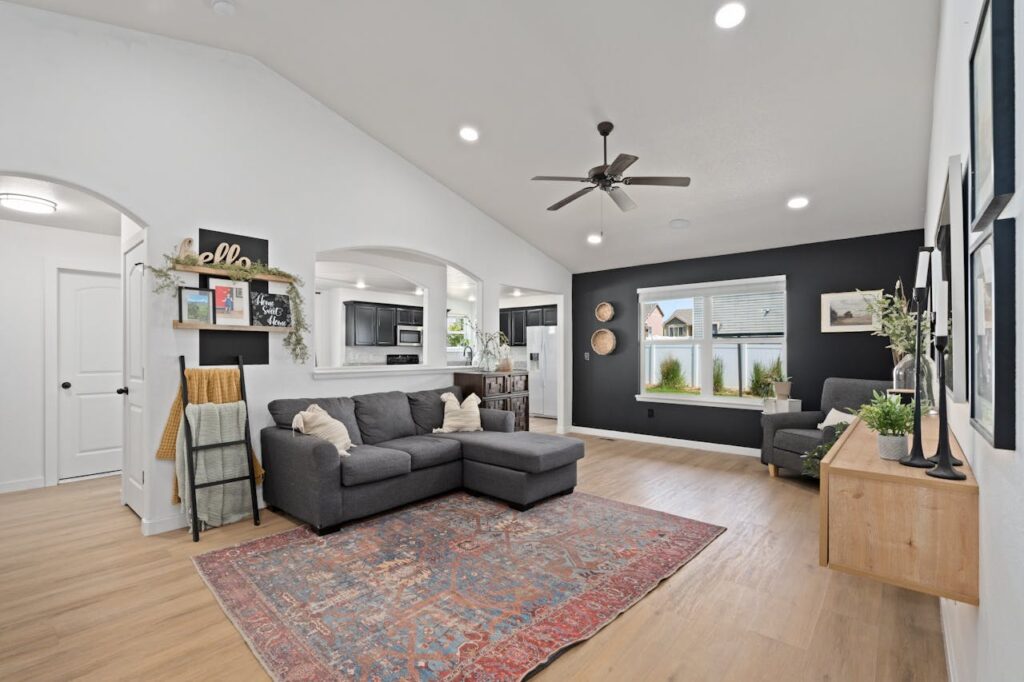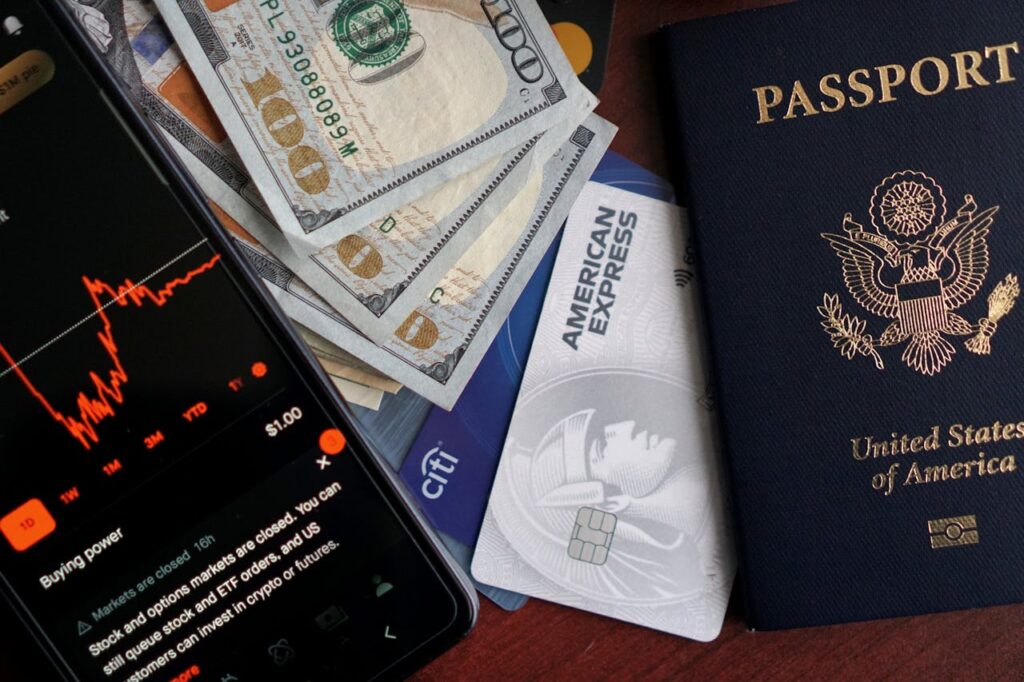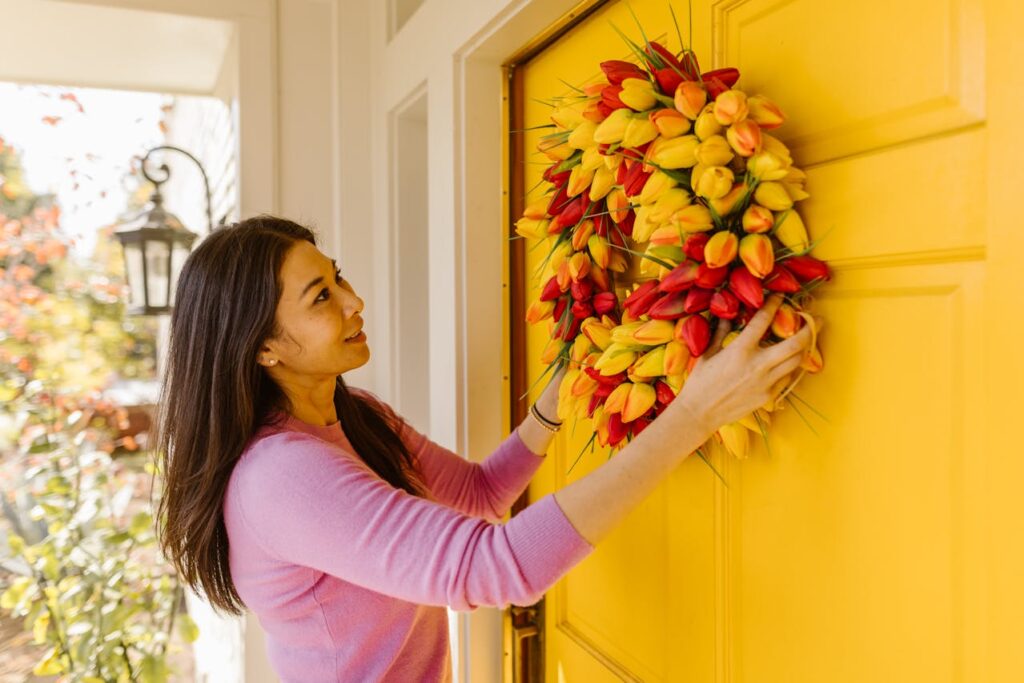New Airbnb Hosts Beware: 8 Costly Mistakes You Must Avoid!
Table of Contents
Introduction
The Airbnb market is booming with millions of travelers worldwide choosing short-term rentals over traditional hotels. For new airbnb hosts, this presents an incredible opportunity to generate income from unused spaces or investment properties. However, diving into Airbnb hosting without proper preparation can lead to costly mistakes that eat into your profits and create unnecessary stress.
Many new airbnb hosts, eager to get started, overlook critical aspects of hosting, such as pricing strategies, guest communication, and local regulations. These oversights can result in negative reviews, low occupancy rates, or even legal issues. For example, under-pricing your listing might attract guests initially, but it can devalue your property and reduce your earnings. On the other hand, overpricing can lead to fewer bookings and missed opportunities.
In this guide, we’ll highlight 8 common mistakes new Airbnb hosts make and provide practical tips to help you avoid them. From setting the right price and creating an appealing listing to understanding local laws and managing guest expectations, these insights will set you up for success. You’ll learn how to optimize your space, streamline operations, and deliver exceptional guest experiences that lead to glowing reviews and repeat bookings.
By avoiding these pitfalls, you’ll not only maximize your profits but also build a sustainable and rewarding hosting business. Whether you’re hosting a spare room or managing multiple properties, this guide will equip you with the knowledge and tools to thrive in the competitive world of Airbnb hosting. Let’s get started!
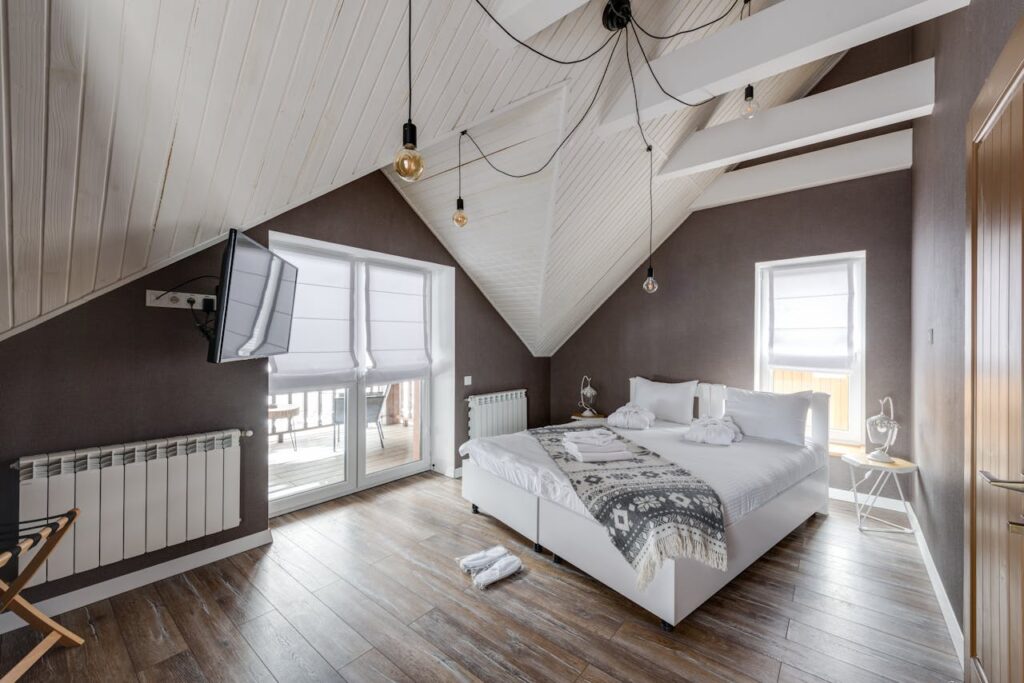
1. Poor Pricing Strategy
One of the most common mistakes that affects rental profitability is poor pricing strategy. When airbnb hosts fail to properly price their listings, they leave money on the table or struggle with low occupancy rates. Setting prices too high can deter potential guests, leading to empty nights and lost revenue. Conversely, pricing too low might fill your calendar but significantly reduce your profit margins and potentially attract less desirable guests.
Successful pricing requires thorough research of local competition. Analyze similar properties in your area, noting their amenities, capacity, and current rates. Consider seasonal fluctuations, local events, and weekday versus weekend differences that affect demand.
Many airbnb hosts now leverage dynamic pricing tools to stay competitive. Airbnb’s Smart Pricing offers basic automation, while specialized services like PriceLabs and Wheelhouse provide more sophisticated algorithms that adjust rates based on multiple factors including demand patterns, local events, and historical booking data.
Remember that optimal pricing isn’t static—it requires regular monitoring and adjustments. Review your performance metrics monthly to identify opportunities for improvement, and be prepared to experiment with different pricing strategies to find what works best for your specific property and market.
2. Bad Listing Photos & Descriptions
One of the biggest mistakes new Airbnb hosts make is using low-quality photos. Guests rely on visuals when choosing a stay, and poorly lit, cluttered, or unprofessional images can significantly reduce clicks and bookings. High-quality photos make your listing stand out and create a strong first impression.
Investing in professional photography is highly recommended, as Airbnb statistics show that listings with high-quality images earn more bookings. However, if you’re on a budget, you can take great DIY photos by using natural lighting, staging the space, and capturing multiple angles of each room. A clean, well-lit, and inviting space is key to attracting guests.
In addition to great photos, your listing description should be clear, detailed, and engaging. Highlight unique features, such as a scenic balcony, a fully stocked kitchen, or a luxurious king-sized bed. Instead of generic phrases like “cozy apartment,” be specific: “A modern, sunlit loft with floor-to-ceiling windows and a private rooftop terrace.” Use bullet points to emphasize key amenities, making it easy for guests to scan.
By combining eye-catching photos with a compelling description, you’ll increase your booking rate and attract the right guests to your Airbnb.

3. Ignoring Guest Experience & Comfort
Ignoring guest experience and comfort is a critical mistake that can damage your rental business through negative reviews and reduced bookings. Many airbnb hosts focus solely on meeting minimum requirements rather than creating a memorable stay.
Providing only the basics might save money initially, but investing in premium amenities delivers significantly higher returns through better reviews, repeat bookings, and the ability to charge more. Quality speaks volumes to guests who are increasingly expecting hotel-level comfort with the charm of a home.
Investing in high-quality bedding is essential—plush mattresses, soft sheets, and multiple pillow options make a tremendous difference in guest satisfaction. Similarly, premium toiletries, fluffy towels, and bathroom essentials show attention to detail and care.
The most successful rentals go beyond physical comforts to create emotional connections through thoughtful touches. A personalized welcome note, local snacks, a bottle of wine, or a curated guidebook with personal recommendations can transform a stay from acceptable to exceptional. Consider the complete guest journey—from effortless check-in to kitchen essentials, entertainment options, and workspace necessities.
Each positive interaction builds toward a five-star experience that guests will enthusiastically share in reviews and with friends, creating a powerful cycle of success for your property.
4. Neglecting House Rules & Guest Screening
One of the costliest mistakes new Airbnb hosts make is failing to establish clear house rules and properly screen guests. Without clear guidelines, you risk property damage, noise complaints, or even safety issues, which can lead to negative reviews and financial losses.
Clearly outline your house rules in your listing and reiterate them during the booking process. Include policies on smoking, pets, parties, quiet hours, and maximum occupancy. Be specific about consequences for rule violations, such as fines or eviction. This sets expectations upfront and helps avoid misunderstandings.
Take time to review guest profiles, ratings, and reviews before accepting bookings. Look for red flags like incomplete profiles or negative feedback from previous airbnb hosts. Communicate with potential guests to gauge their intentions and ensure they understand your rules. For added security, consider setting a minimum stay requirement to deter short-term party bookings.
Enable Airbnb’s security deposit feature to cover potential damages. Additionally, use Airbnb’s guest verification tools, which require guests to provide government-issued ID and confirm their identity. These measures help protect your property and ensure a smoother hosting experience. By being proactive, you can minimize risks and create a safe, enjoyable environment for both you and your guests.

5. Poor Communication with Guests
Effective communication is key to providing a smooth Airbnb experience. Slow or unprofessional responses can frustrate guests, leading to negative reviews and fewer bookings. Travelers expect quick replies, especially when they have urgent questions about check-in, amenities, or local recommendations.
To improve response times, set up automated messages for common interactions. Airbnb allows you to schedule messages for booking confirmations, check-in details, and check-out reminders. This not only saves time but also ensures guests receive important information without delays. Tools like Hospitable or Smartbnb can further streamline messaging.
Beyond automation, proactive communication enhances the guest experience. Send a friendly check-in message to confirm their arrival and offer assistance. Providing a digital guidebook with WiFi details, house rules, and local recommendations can make their stay more enjoyable. Highlight nearby restaurants, attractions, and emergency contacts to add value to their trip.
By maintaining clear, prompt, and professional communication, you’ll build trust with guests, encourage positive reviews, and increase repeat bookings. A little extra effort in messaging can make all the difference in setting your Airbnb apart from the competition.
6. Failing to Clean & Maintain the Property
Failing to properly clean and maintain your property consistently ranks among the quickest ways to damage your rental business. Cleanliness issues dominate negative reviews, with even minor oversights potentially ruining a guest’s entire experience and permanently affecting your listing’s reputation.
Guests expect hotel-level cleanliness with immaculate bathrooms, fresh linens, spotless kitchens, and dust-free surfaces. A single hair in the shower or crumbs in a drawer can trigger a negative review that takes months to overcome. This heightened expectation has only intensified since the pandemic, with sanitation becoming a primary concern for travelers.
While DIY cleaning might seem cost-effective, hiring a professional, reliable cleaning team typically proves worth the investment. Professional cleaners have standardized checklists, commercial-grade equipment, and efficiency that ensures consistent results. When selecting cleaners, prioritize reliability and attention to detail over cost.
Beyond cleanliness, proactive maintenance prevents both poor reviews and expensive emergency repairs. Implement a regular inspection schedule to check for leaky faucets, loose handles, burned-out bulbs, and appliance function. Address minor issues before they escalate into major problems that disrupt stays.
Remember that preventative maintenance is always less expensive and disruptive than emergency repairs, especially those that might force cancellations or compensation.

7. Underestimating Operating Costs
One of the most common mistakes new Airbnb hosts make is underestimating the true cost of running a short-term rental. While the income potential is enticing, hidden expenses can quickly eat into your profits if not properly accounted for.
Beyond the initial setup, ongoing costs such as utilities (electricity, water, internet), regular maintenance, and cleaning supplies can add up. Airbnb charges a host service fee (typically 3% of the booking subtotal), and you may also need to pay local occupancy taxes. Don’t forget about wear and tear on furniture, appliances, and linens, which will require periodic replacement.
Unexpected costs, like emergency repairs or last-minute cleaning, can arise at any time. Set aside a contingency fund—around 10-20% of your monthly income—to cover these surprises without disrupting your finances.
Use tools like spreadsheets or property management software to track your income and expenses meticulously. This will help you understand your profit margins, identify areas to cut costs, and plan for future investments. By staying on top of your finances, you’ll ensure your Airbnb remains a profitable venture in the long run. Proper budgeting and financial tracking are essential to avoid cash flow problems and maximize your earnings.
8. Ignoring Local Laws & Regulations
One of the most costly mistakes new Airbnb hosts make is ignoring local laws and regulations. Short-term rental (STR) laws vary by city, and failing to comply can lead to hefty fines, legal trouble, or even a ban on your listing. Many cities have strict rules on permits, zoning, and occupancy limits, which can change frequently, making it crucial to stay informed.
Before listing your property, research local STR regulations and obtain any necessary permits or licenses. Some cities require airbnb hosts to register their rental, pay occupancy taxes, or follow specific safety guidelines. If your property is in a building with a homeowner’s association (HOA) or a rental community, check their rules, as some prohibit short-term rentals entirely.
Additionally, failing to pay required taxes—such as transient occupancy taxes—can result in unexpected financial penalties. Airbnb collects and remits taxes in some locations, but airbnb hosts should verify their tax obligations at the state and local levels.
Staying compliant not only protects your business but also ensures a smooth, stress-free hosting experience. Regularly checking for policy updates and working with a legal or tax professional can help safeguard your Airbnb investment for the long term.

By prioritizing guest experience, staying compliant with regulations, and optimizing your listing, you’ll maximize your earnings and build a thriving Airbnb business. Learn from these mistakes—so you don’t have to make them yourself!
We hope this deep dive into the costly mistakes new Airbnb hosts make has helped you navigate the challenges of short-term rentals. From pricing pitfalls to legal missteps, avoiding these common errors can set you up for success.
If you found these Airbnb hosting tips valuable, don’t forget to like and share! Stay tuned for more insights on maximizing your short-term rental success and avoiding costly mistakes.
We’d love to hear from you! What challenges have you faced as a new Airbnb host? Share your experiences and tips in the comments below!
Explore More Tips and Guides
If you’re looking for more hospitality & travel inspiration, check out our other posts:

